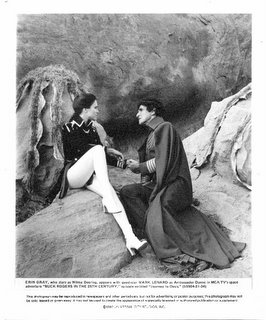 Just a little note to say, I was glad to see this week-end's The Guardian (in the shape of Robert Potts) mention some of the more witty and well-written avant-garde books from the UK in his all-too-brief recent round-up, as well as the latest book by G. Hill (Comus) which I thoroughly enjoyed.
Just a little note to say, I was glad to see this week-end's The Guardian (in the shape of Robert Potts) mention some of the more witty and well-written avant-garde books from the UK in his all-too-brief recent round-up, as well as the latest book by G. Hill (Comus) which I thoroughly enjoyed.Of course, one of the major books (republished with new poems) of this year, which gets a mention, is J.H. Prynne's Collected Poems, from Bloodaxe, a key work for me over the last few years, since I discovered his work late in life.
Key in the sense it is a benchmark for how I like to imagine where poetry and language can extend beyond, a sort of horizon of possible speech and inquiry. I usually tarry well clear on this side of that linguistic border, but am keen to know it is there.
Due to David Wheatley, who kindly quoted a section of a post on this blog a few weeks back, sharing it with a few hundred poets on a well-known list-serve, and rather poor reading skills on the part of a few, word has gotten around that I actually said "Prynne look out!" as if I meant it (as if poets, critics or texts are never ironic or ambiguous...). Well, actually, I meant that the mainstream and the avant-garde in the UK are seriously misaligned, and need to converse more.
As for those still perpelexed about my relationship to post-modernism - do check out my latest anthology, Future Welcome, which features speculative, innovative, as well as mainstream, poetry and prose by a number of writers from Canada and elsewhere - dealing with issues such as nanotechnology, environmental science, and, well, okay, sex robots (see picture above - still from the much-maligned but delightful - to me - TV series Buck Rogers).
Comments